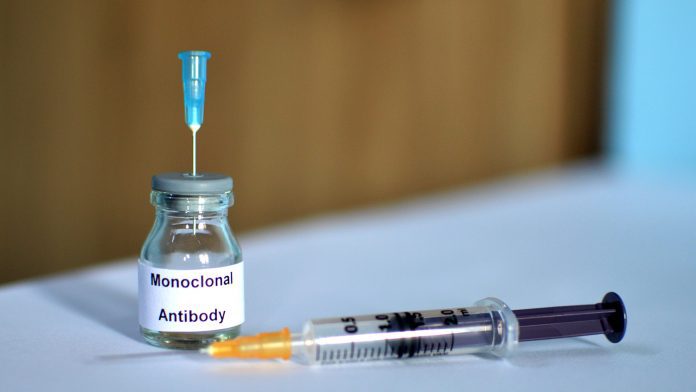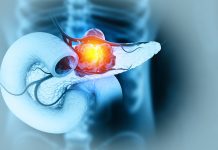
In a significant stride forward for breast cancer treatment, researchers at Tohoku University have engineered a groundbreaking monoclonal antibody aimed at a specific type of breast cancer cell.
Their monoclonal antibody discovery, detailed in the International Journal of Molecular Sciences, presents a promising avenue for combatting HER2-positive breast cancer, an extremely challenging type of the disease.
Breast cancer: A major global health concern
Breast cancer remains a formidable global health challenge, affecting millions worldwide each year.
Among its subtypes, HER2-positive breast cancer stands out as one of the most aggressive and difficult to manage.
Approximately 20% of breast cancer cases fall into this category, emphasising the critical need for tailored therapies.
Targeting of HER2-positive cells
Led by Yukinari Kato, the research team developed a monoclonal antibody precisely honed to target HER2-positive breast cancer cells.
Monoclonal antibodies are specialised proteins engineered to bind with remarkable accuracy to specific targets.
HER2-positive breast cancer cells exhibit an overabundance of the HER2 protein on their surface, driving their aggressive nature.
By targeting this protein with precision, the newly developed monoclonal antibody disrupts the growth and proliferation of these cells while sparing surrounding healthy tissue.
A milestone in breast cancer treatment
According to Kato, the development of this monoclonal antibody marks a significant milestone in the ongoing quest to enhance breast cancer treatment.
By offering a more effective and less toxic alternative, patients can potentially benefit from improved outcomes and a better quality of life.
Compared to conventional treatments like chemotherapy, the novel antibody provides a more targeted and selective approach. This precision not only boosts treatment efficacy but also diminishes the occurrence and severity of adverse effects, thereby improving patient well-being.
Next stages of development
The project is poised to progress to the next phase, involving clinical trials and regulatory approvals. Additionally, the researchers aim to explore the applicability of other innovative antibodies in diverse therapeutic domains, potentially extending their benefits to individuals grappling with various cancer types.
The development of a targeted monoclonal antibody for HER2-positive breast cancer represents a significant breakthrough in the realm of oncology.
With its potential to improve treatment outcomes and minimise adverse effects, this innovation offers hope to countless individuals affected by this challenging disease.

























